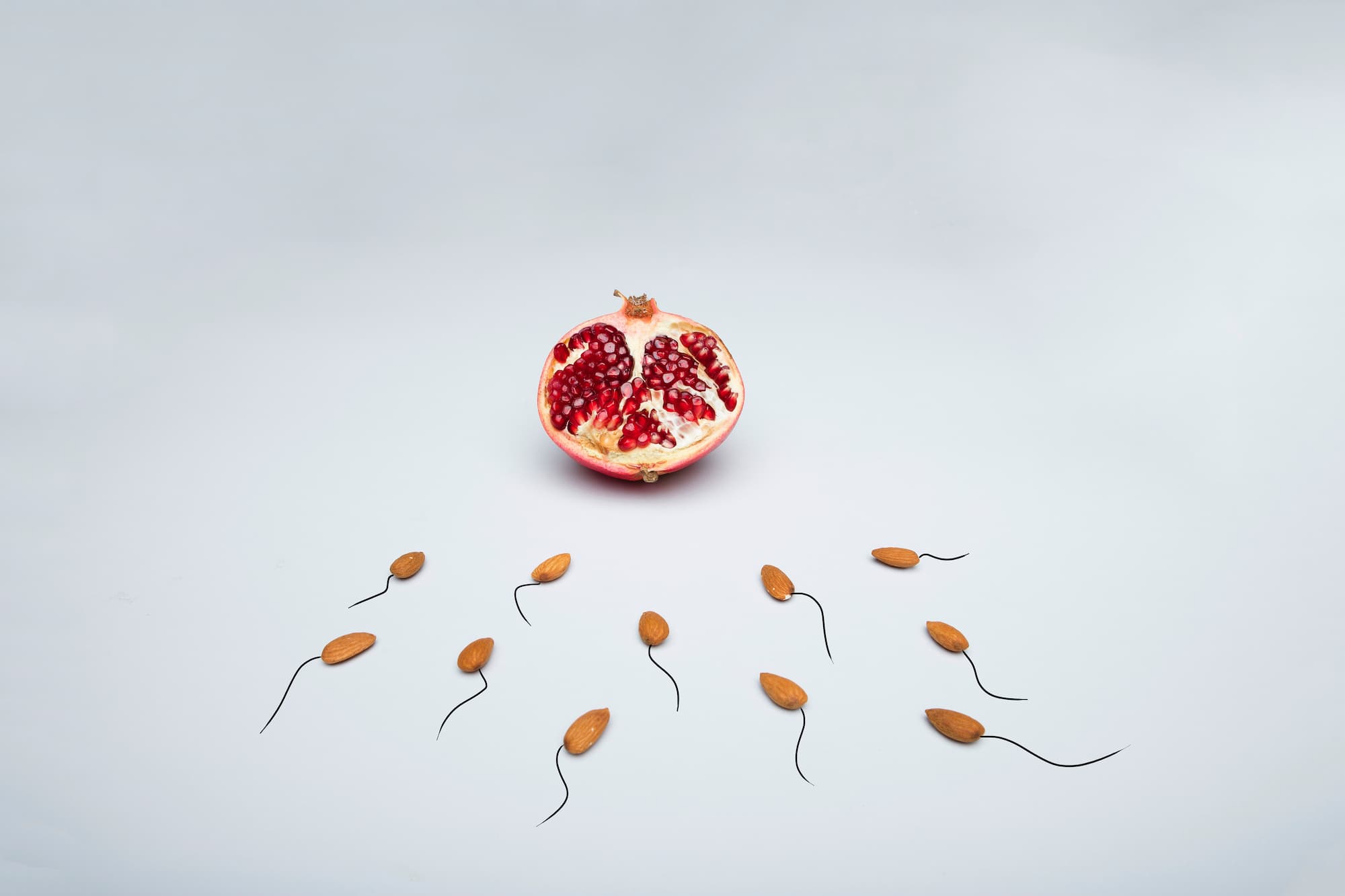In vitro fertilization (IVF) has been a groundbreaking advancement in reproductive medicine, offering hope and possibilities to couples struggling with infertility issues. IVF treatment is a blessing for countless families experiencing difficulties with conception. It offers hope where there once seemed to be none and empowers couples to fulfill their dream of parenthood.
Moreover, you need to know that IVF is a highly individualized process, with many options like genetic testing and donor gametes, and you may involve a surrogacy agency to address specific needs.
Quick Overview of IVF Treatment
In vitro fertilization (IVF) is a complicated process which involves several key steps:
- Ovarian Stimulation: Fertility medications stimulate the ovaries to produce multiple eggs.
- Egg Retrieval: Mature eggs are surgically retrieved from the ovaries via a minimally invasive procedure.
- Sperm Collection: Sperm is collected, and high−quality sperm are prepared for fertilization.
- Fertilization: In the laboratory, eggs and sperm are combined, either through traditional insemination or ICSI, resulting in the formation of embryos.
- Embryo Culture: Embryos are carefully monitored and cultured for several days to assess their quality.
- Embryo Transfer: Optimal healthy embryos are carefully chosen and implanted into the recipient’s uterine cavity.
Identifying the Potential Causes
Medical Evaluation
The first step in finding the reason for IVF failure is to undergo a thorough medical evaluation. Both partners should undergo tests to determine any underlying reproductive health issues.
These tests may include assessing hormone levels, checking for anatomical abnormalities, evaluating the quality and quantity of eggs and sperm, and examining the uterine to identify potential factors affecting embryo implantation.
Embryo Quality
One of the most significant factors influencing IVF success is the quality of the embryos. Poor embryo quality can lead to implantation failure or early miscarriages. Advanced techniques like preimplantation genetic testing (PGT) can help identify chromosomal malformation in frozen embryos, improving the chances of selecting healthy ones for transfer.
Age Factor
A woman’s age is critical in IVF success. The quality and quantity of their egg reserves diminish as women age. It can result in reduced fertility and a higher likelihood of IVF failure. Couples should discuss the impact of age with their fertility specialist and explore alternative options if necessary.
Uterine Health
A receptive and healthy uterine cavity is essential for successful embryo implantation. Conditions like uterine fibroids, polyps, or structural abnormalities can hinder implantation. A hysteroscopy can help identify and address these issues.
Lifestyle Factors
Lifestyle choices, such as smoking, excessive alcohol consumption, and obesity, can negatively affect fertility and IVF outcomes. Making positive changes in these areas can improve the chances of success.
Sperm Quality
Male infertility issues often play a role in IVF failure. A semen analysis can assess sperm quantity, motility, and morphology. In cases of male factor infertility, advanced techniques like intracytoplasmic sperm injection (ICSI) may be recommended.
Hormonal Imbalances
Hormonal imbalances in either partner can disrupt the delicate balance required for successful IVF. Hormone therapy or medications may be prescribed to regulate hormone levels, ensuring a more conducive environment for embryo implantation.
Considering Alternative Options
Nevertheless, there are alternative pathways that can offer hope for individuals and couples seeking to build a family.
- Egg or Sperm Donation
Some individuals or couples may face challenges with their egg or sperm quality. In such cases, using donor eggs or sperm can be a solution.
- Surrogacy
Surrogacy entails a woman bearing and delivering a child on behalf of someone else. Surrogacy arrangements can be traditional (using the surrogate’s egg) or gestational (using the intended mother’s or a donor’s egg).
- Oocyte Freezing
For individuals facing medical treatments that may affect fertility or those not ready to conceive, oocyte (egg) freezing offers the possibility of preserving their fertility.
- Adoption
Adoption provides a loving home to a child in need and can be a fulfilling way to build a family. It offers the opportunity to become parents and provides a stable, loving environment for a child.
Emotional Aspects and Support Options
While IVF can be an effective method for achieving pregnancy, it also comes with emotional challenges. These may include heightened anxiety and stress due to the uncertainty of success, fear of medical procedures, and financial concerns. Disappointment and sadness can occur when cycles fail or when embryos don’t implant as hoped, leading to the pain of grief and loss. However, there will also be moments of hope, optimism, and excitement, particularly when a successful outcome is achieved, providing a profound sense of joy and relief.
It can be tough to deal with infertility, so you should think about talking to others experiencing it. Consider participating in an online forum or support group where you may speak with people who can relate to what you’re going through. Couples and individuals should recognize that their emotions are entirely valid. Seeking emotional support from loved ones and professionals can help individuals navigate the emotional challenges of IVF and foster resilience throughout the process.
Conclusion
The fertility journey can be challenging, with IVF failures bringing emotional turmoil. However, by identifying the potential causes of IVF failure through medical evaluation and seeking guidance from fertility specialists, couples can make informed decisions about their path to parenthood.
Alternative options like surrogacy are available, and agencies like IFG can provide the support and information needed to navigate this complex journey. Don’t lose hope; with knowledge and determination, you can overcome all obstacles to building a family!



















